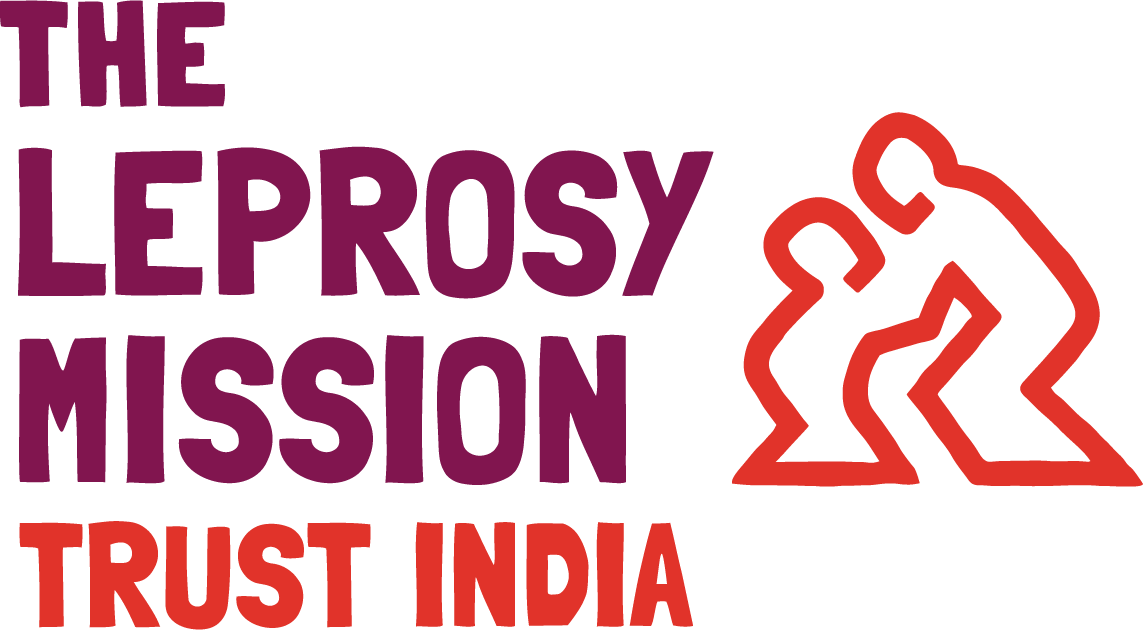Bridging of Divides
Not just gaining a living, but a dignified living
TLMTI’s Sustainable Livelihood programme provides institution-based job-oriented technical skills and employment opportunities to young boys and girls affected by leprosy/disability. The programme also provides community-based vocational training to people from marginalised rural communities. The programme is implemented through six vocational training centres (VTCs) spread across six states of India.
Livelihood is the means by which an individual can overcome poverty and meet the necessities of life. The rights of people with disabilities (including people affected by leprosy-related disability) to work are laid out in international instruments, such as the Discrimination (Employment and Occupation) Convention, adopted by the International Labour Organization (ILO) in 1958 (No. 111) (1); the ILO Vocational Rehabilitation and Employment (Disabled Persons) Convention, 1983 (No. 159) (2); and the United Nations Convention on the Rights of Persons with Disabilities (3).
India is a signatory and has ratified these resolutions and hence responsible for ensuring the provisions are met. However, the right to work is often not respected, and people affected by leprosy, due to stigma and discrimination, encounter many barriers in accessing livelihood opportunities.
The Leprosy Mission Trust India’s (TLMTI’s) Sustainable Livelihood programme recognises that it is crucial for communities to be self-reliant. It works with people affected by leprosy and develops their capabilities in order to increase their economic resilience and social wellbeing.
Economic resilience for people affected by leprosy implies:
- having food security
- having a steady source of income
- being able to cope with emergencies
- being able to ensure one’s own subsistence in dignified living conditions
Social well-being for people affected by leprosy implies:
- being an equal and responsible member of the society
- having equal access to resources and opportunities
- being able to access social safety net during crises and disasters
- enjoying a positive outlook towards the future for self and for the coming generations
In order to achieve its objective, the Sustainable Livelihood programme is subdivided into four sub-programmes, which are complementary and mutually supported, based on focus and scope. They are:
Through its Sustainable Livelihood programme, TLMTI, rather than improving the incomes of people affected by leprosy, aims to increase their capacity to provide for themselves and lift themselves out of poverty, promoting inclusion in the mainstream. This is achieved by systematically implementing multiple strategies at individual, household, community and policy levels.
It’s skill strategies are oriented towards development, with a focus on being intrinsically empowering and locally sustainable. It emphasises livelihood as an inherent right of people affected by leprosy. Individuals, families and communities are closely involved in the design and implementation of all livelihood interventions and have ownership of both the process and the outcomes. TLMTI thus aims for community-driven responses, which advocate and promote solidarity of people affected by leprosy with the struggles of other marginalised groups. Every intervention is an opportunity for people affected by leprosy to become part of the larger public action for inclusion and equity.
Besides skills training and placement support, TLMTI focuses on workplace accessibility for inclusive employment. It sensitises communities and employers to the need for including people affected by leprosy in the local workforce. Its sensitisation workshops highlight the need for environmental accessibility and it conducts access audits and recommends adaptations in the work environment, such as putting up ramps, adjustment and modification of machinery and equipment to promote inclusive workplaces. TLMTI recognises the need for people affected by leprosy to have access to skills development and decent work opportunities without discrimination in a safe and non-exploitative environment. At the same time, it accepts that welfare and rehabilitation are also needed at times. It believes in its responsibility to ensure that social protection measures as human rights are available to them.
Every year, over 2,500 unemployed young people affected by leprosy/disability are provided comprehensive market-aligned skills training. Through innovative employer engagement programmes and disability-friendly workplace solutions, equal, inclusive, and dignified employment is provided.
The programme is implemented through six vocational training centres (VTCs) spread across six states:



